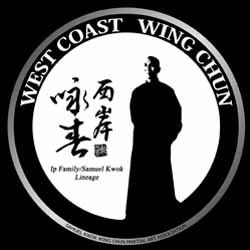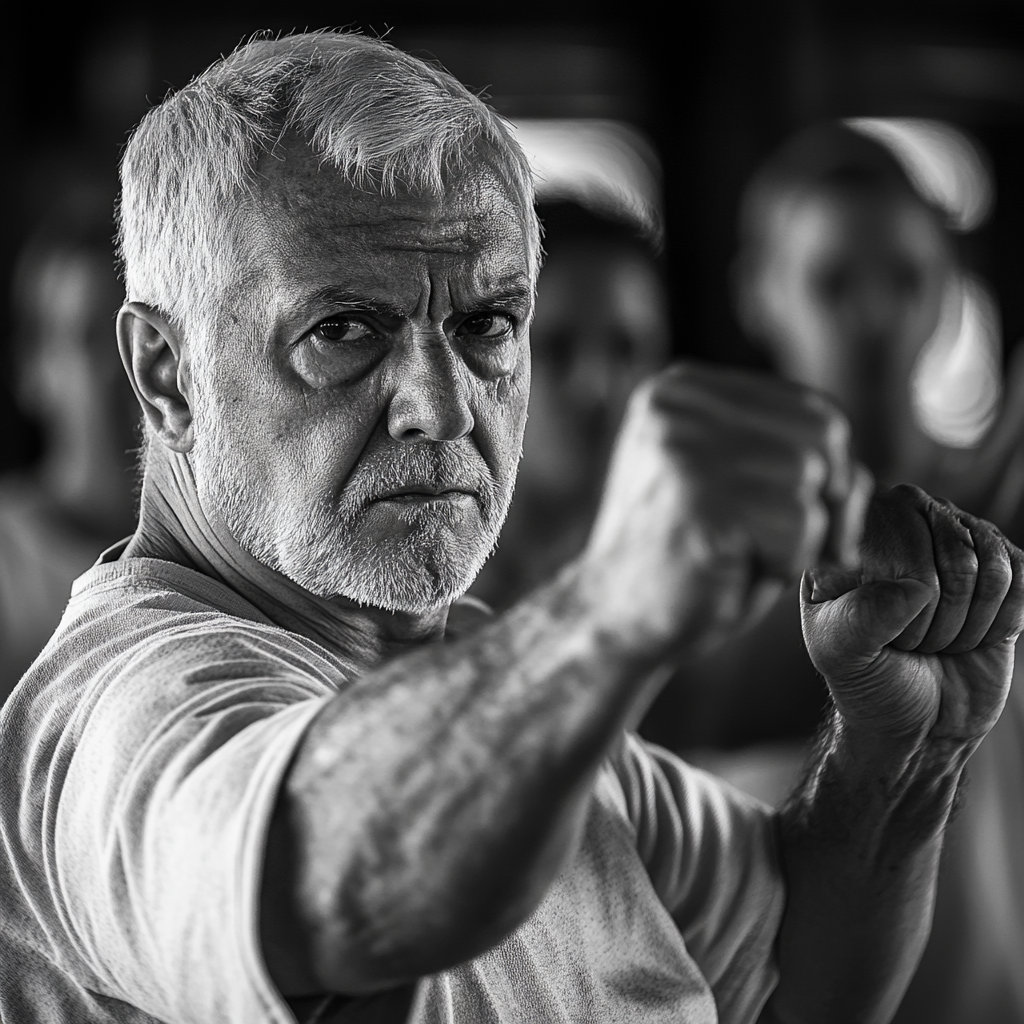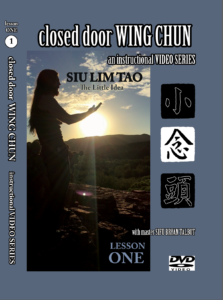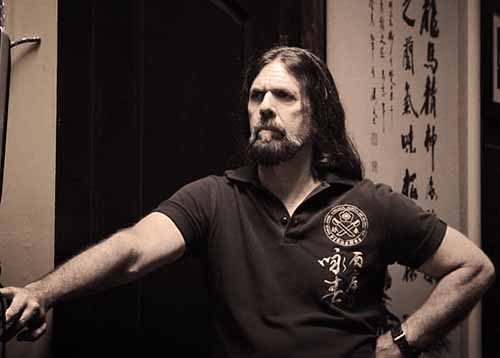Is 50 Too Old to Learn Wing Chun?
If you’re 50 (or older!) and considering learning Wing Chun, you might wonder if it’s too late to start. After all, you often see young, fit martial artists moving fluidly and quickly, making the art seem like it’s reserved for the agile. But Wing Chun isn’t just about physical speed or strength; it’s about precision, economy of motion, and strategy. Many people begin their Wing Chun journey later in life and find it rewarding on multiple levels.
So, is 50 too old to learn Wing Chun? The short answer: absolutely not. Here’s why.
Wing Chun’s Focus on Efficiency: Harnessing the Natural Power of the Human Body
One of the most beautiful aspects of Wing Chun is its emphasis on efficiency. Developed by Ng Mui, a legendary female martial artist, Wing Chun doesn’t rely on brute strength or extreme athleticism. Instead, it uses the natural structure of the human body to generate power and efficiency, allowing practitioners to move smarter, not harder. This focus on proper body alignment, positioning, and timing lets you use your opponent’s force against them, making it an ideal martial art for people of any age.
Improved Health, Mobility, and Efficiency
Many people over 50 experience joint pain, stiffness, and other physical limitations. Wing Chun, with its emphasis on functional movement, helps improve muscle tone, joint health, bone density, and cardiovascular endurance. Its focus on balance, relaxation, and directness allows practitioners to move efficiently, protecting the body from strain and injury. By promoting short, explosive power and strengthening tendons, Wing Chun supports overall joint function while improving balance and mobility.
As you age, you may not have the physical energy or muscle mass of someone younger, but Wing Chun’s approach encourages you to refine technique rather than rely on brute strength. This focus on precision and efficiency enables you to maximize power while conserving energy. The art grows with you, becoming more refined over time, and promotes long-term resilience without the wear and tear often associated with high-impact sports.
Sifu Samuel Kwok, aged 70 at the time this seminar was recorded.
Building Mental Resilience and Focus
While many people think of martial arts as purely physical, Wing Chun incorporates a significant mental component. The art requires intense focus, awareness, and the ability to remain calm under pressure. These mental attributes often develop with age and life experience, making it an excellent practice for someone over 50.
Learning Wing Chun can improve cognitive function, mindfulness, and emotional control. As you engage in Chi Sau (sticky hands) drills, you develop sensitivity to subtle movements, allowing you to anticipate and respond to your partner’s actions with precision. This mental exercise is great for brain health and can help reduce stress—an often underestimated benefit of martial arts training.
Dedicated Practitioners: Age as a Strength, Not a Limitation
In fact, some of the most dedicated practitioners in Wing Chun are in their 50s and beyond, using the art to maintain their health, learn valuable self-defense skills, and remain engaged with others who share their passion for martial arts. For many of these seasoned practitioners, Wing Chun becomes more than just a physical practice; it is a lifelong journey of self-discovery and refinement.
Ip Chun and Ip Ching: Masters Who Defy Age
For a prime example of the longevity that Wing Chun offers, we need look no further than the late Ip Ching and his older brother, Ip Chun, the sons of the famous Grandmaster Ip Man. Both men practiced Wing Chun throughout their lives, well into their later years, showing that age is no barrier to martial mastery.
Ip Chun, a centennial, continues to touch hands with students, proving that the art can be sustained for a lifetime. His precision and understanding of the principles have only deepened as the years have passed, serving as an inspiration to martial artists of all ages. Despite his age, Ip Chun remains a sharp and active teacher, passing on the knowledge and legacy of Wing Chun to new generations. His continued dedication is a testament to the sustainability of Wing Chun as a lifelong practice—one that emphasizes adaptability, mindfulness, and self-awareness over sheer physicality.
Similarly, Ip Ching practiced Wing Chun until his passing in his 80s, contributing significantly to the art’s continued evolution. His commitment to the practice showed that Wing Chun is not only a combat system but also a way of life, capable of keeping one mentally and physically engaged well into old age.
The examples of Ip Chun and Ip Ching illustrate that martial arts, particularly Wing Chun, are not just for the young—they are for anyone with the dedication to learn and grow, no matter their age. Their lifelong devotion to Wing Chun demonstrates the art’s incredible versatility and its ability to be practiced for decades, continually offering new insights and levels of mastery.
So, is 50 too old to learn Wing Chun? Not at all. In fact, starting Wing Chun at 50 can be one of the best decisions you make for both your physical and mental well-being. The art’s emphasis on precision, relaxation, and efficiency makes it highly accessible to older practitioners, while its practical self-defense applications ensure that you’re learning valuable skills.
It’s never too late to begin your Wing Chun journey. The only question is: are you ready to take that first step?




